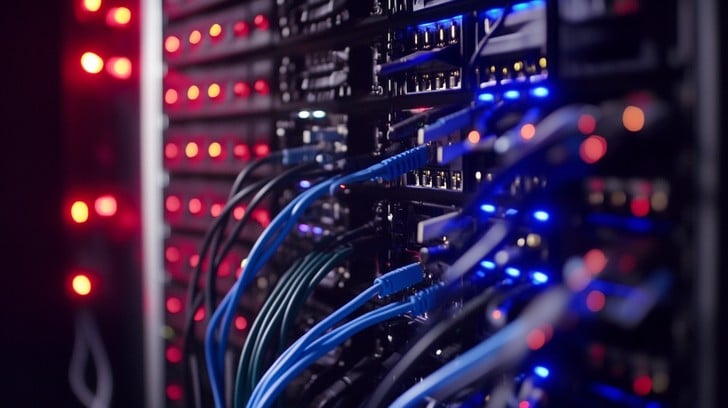A Hidden Network Beneath New York City
Federal authorities recently uncovered a massive and covert network of “SIM farms” in New York City, just as world leaders gathered for the United Nations General Assembly. This operation, involving over 300 servers and 100,000 active SIM cards, had the potential to cripple cellular networks, disrupt emergency services, and enable encrypted communications for criminal or state-sponsored actors.
From Swatting to Cyber Sabotage
The discovery stemmed from an investigation into swatting attacks, false emergency calls targeting public officials. What began as a probe into digital harassment quickly escalated into a national security concern. The SIM farm network was hidden in abandoned apartments, storage units, and office spaces, capable of generating 300 million calls in minutes, enough to overwhelm telecom systems in a major city.
The Dark Side of VoIP Technology
Originally used for cheap international calling, VoIP technology is now being weaponized. These SIM farms can send bulk messages and calls, enabling phishing scams, surveillance, and organized crime. Experts warn that such setups could be used to clone devices, intercept communications, or launch denial-of-service attacks on a national scale.
A Global Cybersecurity Threat
The sophistication of the operation suggests possible involvement by foreign governments or highly organized non-state actors. This incident follows other major cyberattacks, including the Salt Typhoon campaign, where Chinese hackers infiltrated telecom giants1 like Verizon and AT&T. The trend is clear: America’s infrastructure, from water systems to energy grids, is increasingly vulnerable.
Emergency Networks at Risk
The potential impact of these SIM farms is reminiscent of past crises, such as the cellular blackouts after 9/11 and the Boston Marathon bombing, when emergency networks collapsed under strain. The threat is no longer theoretical, it’s real, and it’s here.
What Comes Next?
Authorities warn that similar networks may exist in other cities. As investigations continue, this discovery serves as a stark reminder: cybersecurity is no longer optional, it’s foundational to national security.

